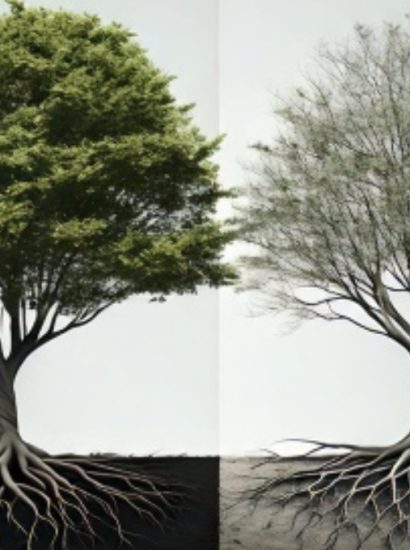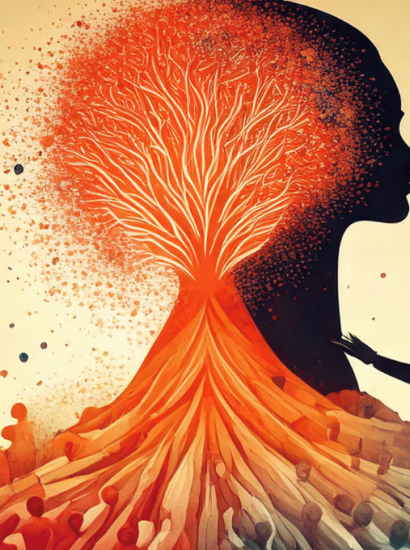This post is also available in: ΕΛΛΗΝΙΚΑ (GREEK) TÜRKÇE (TURKISH)
Ismini Georgia Dionysiou, ICLAIM Intern
During my academic studies, I was given the opportunity to work as a volunteer research assistant on InPeace Project, which is funded by the European Union under the EU Aid Programme for the Turkish Cypriot community and implemented by the Interdisciplinary Centre for Law, Alternative and Innovative Methods (ICLAIM) and Human Rights Platform (HRP). The Project focused on the bi-communal Technical Committees. Before this experience, I was unaware of these Committees’ existence and breadth of their work. Yet, through this research, I gained two key insights: first, the extensive efforts these Committees dedicate to their tasks, and second, the lack of recognition they receive despite their profound impact on people’s daily lives.
There are a total of 12 bi-communal Technical Committees. The first seven were established in 2008 by the Greek Cypriot and Turkish Cypriot community leaders to tackle issues impacting people’s daily lives by promoting and fostering interaction and mutual understanding between the two communities. The Committees cover a wide array of issues critical to both communities. In addition to the initial seven Committees —focusing on areas such as the environment, crime, and health – another five Committees were established in 2015, bringing the total to 12. Their scope has expanded to include gender equality, education, and culture, reflecting the growing understanding of the diverse challenges posed by the frozen conflict in Cyprus. Despite their significant impact, the work of the bi-communal Technical Committees often takes place under the radar, receiving little attention or recognition among the general public. Yet, their contributions are pivotal in addressing practical issues that arise from the island’s division, providing a rare space for collaboration between Greek Cypriot and Turkish Cypriot communities amidst a backdrop of political stalemate.
One of the most significant achievements of these bodies has been the work of the Technical Committee on Crime and Criminal Matters, particularly the establishment of the Joint Contact Room (JCR). This initiative has facilitated the exchange of information between the two communities in over 1,000 cases and also enabled the transfer of criminal suspects. The process involves the Republic of Cyprus police sharing information with the Greek Cypriot volunteer in the JCR, who then relays it to their Turkish Cypriot counterpart. The Turkish Cypriot member subsequently passes the information to the Turkish Cypriot police. This process is mirrored in reverse, ensuring effective cooperation between the two communities.
Another notable success, which has played an important role in building trust, is the return by Turkish Cypriots to their rightful owners of 219 paintings that were previously thought to be lost or stolen in 1974. Among them are some of the most significant works by Greek Cypriot artists. In February 2020, an exchange took place in which these paintings were returned to the Republic of Cyprus, while the Turkish Cypriot community received archival footage that had been produced in Turkish between 1960 and 1963, from the state broadcaster CyBC. This footage captured cultural and sporting events of historical importance to the Turkish Cypriot community, further strengthening cooperation and mutual understanding.
An additional milestone is the creation of the bicommunal Technical Committee on Gender Equality. Despite the struggles and setbacks faced by this Committee, its very existence marks a significant step forward in Cyprus’ peacebuilding efforts. Established within a patriarchal system that has historically sidelined gender perspectives in negotiations, the Committee represents a crucial step toward inclusivity, as it is tasked with ensuring women’s full, equal and meaningful participation in the settlement process. While it has faced structural challenges, limited funding, and a lack of political will to support its mandate, its efforts demonstrate a commitment to gender equality in conflict resolution. The Committee’s formation signals recognition that sustainable peace cannot be achieved without the full and meaningful participation of women and marginalised gender identities. Despite criticism regarding its ambiguous scope and limited engagement with civil society, its establishment has already raised awareness about the gendered dimensions of peace processes. The fact that gender equality is now part of the broader negotiation framework challenges the status quo and puts at least some pressure on political leaders to acknowledge the need for a more inclusive approach. While significant work still lies ahead, the Committee has established a foundation for future progress, demonstrating that change is possible and essential for lasting peace and stability even within deeply entrenched patriarchal structures.
The work of these Committees, though often overlooked, has a tangible impact on daily life. From crime prevention and justice to cultural restoration and gender inclusivity, their contributions address real societal issues that affect both communities. The Technical Committees not only facilitate cooperation between Greek Cypriots and Turkish Cypriots but also tackle practical concerns and foster dialogue. Their work proves that even in the absence of a political settlement, meaningful collaboration is not only possible but essential for progress.
This publication was funded by the European Union. Its contents are the sole responsibility of ICLAIM and the Human Rights Platform and do not necessarily reflect the views of the European Union.
This article was originally published on 23.03.2025
Source: UNSUNG BRIDGES: THE QUIET WORK AND VITAL ROLE OF CYPRUS’ BI-COMMUNAL TECHNICAL COMMITTEES






